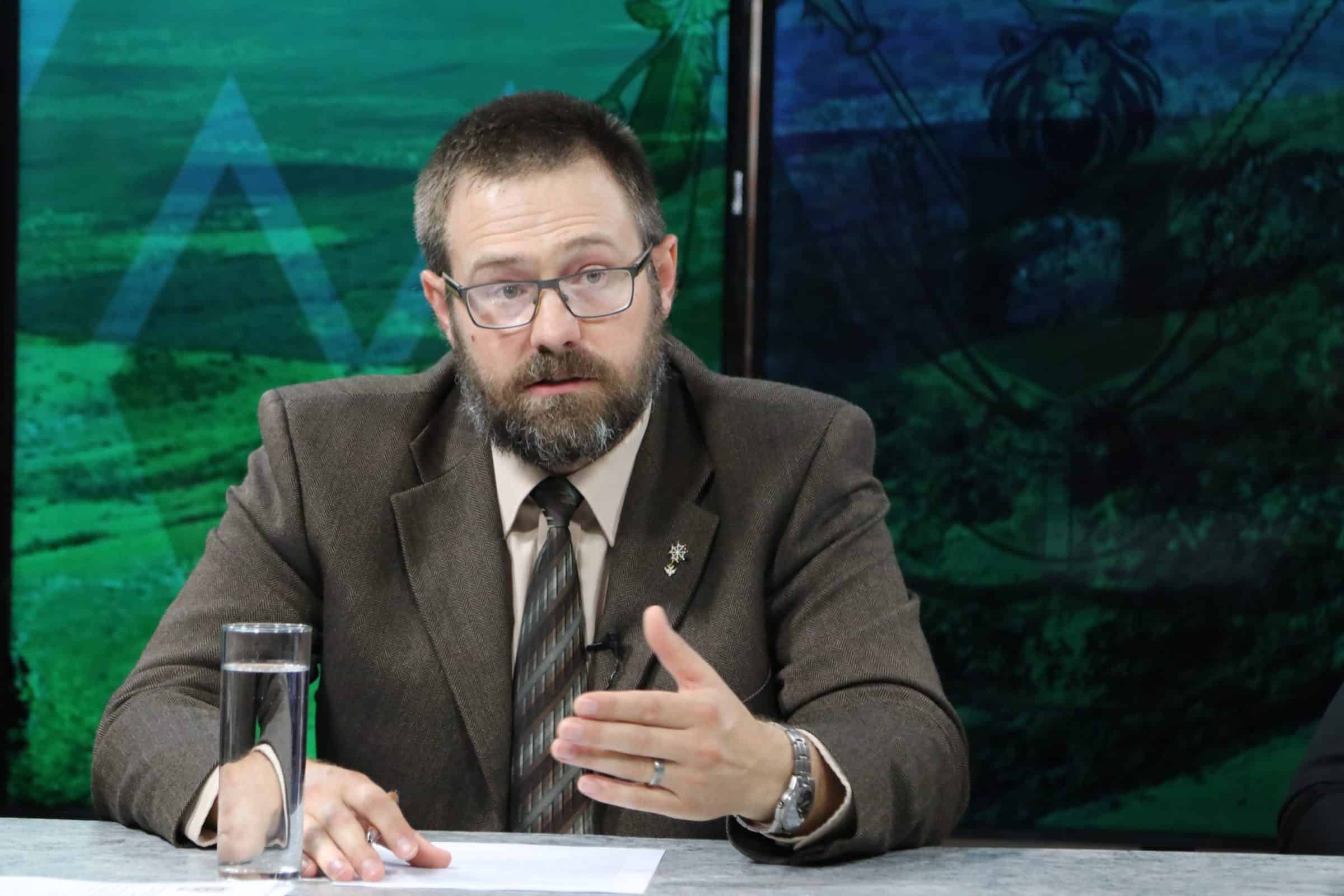AfriForum opposes Manyi’s draft bill set to abolish private land ownership; calls on cultural communities to secure title deeds for their land
The proposed draft bill by MK Party MP Mzwanele Manyi is an attack on private land ownership and all cultural and other communities that are working towards self-sufficiency, cultural autonomy and internal self-determination in accordance with international law. This is the opinion of civil rights organisation AfriForum, which today submitted its written representation against Manyi’s 22nd Amendment Bill to the Constitution – which aims to abolish private land ownership in the country and make the state the custodian of all the land and natural resources by amending Section 25 of the Constitution.
According to Barend Uys, Head of Intercultural Relations and Cooperation at AfriForum, the proposed amendments will be in contravention of the International Covenant on Civil and Political Rights, as well as of Articles 3, 14, 19, 20, 21 and 28 of the African Charter on Human and Peoples Rights. “AfriForum calls on all cultural communities and their leaders to urgently make use of Section 20 of the Upgrading of Land Tenure Rights Act 112 of 1991 to secure title deeds of the land they control,” says Uys.
AfriForum strongly opposes the draft bill and, in its written representation, proposed that Section 25 of the Constitution remain unchanged for, among others, the following reasons:
- It will result in the abolition of private land ownership and the scrapping of a basic human right currently guaranteed by the Bill of Rights.
- It will create a reality where individuals from the Afrikaner and other minority cultural communities will be reduced to second-class citizens, which is a departure from the principle of equal citizenship and equality before the law.
- It will make customary cultural communities and the royal leaders that serve them as leaders, permanent tenants on their own land and prevent them from legally owning their land and exercising full, unhindered control of it. It will prevent the full restoration of the dignity, healthy cultural self-image and self-esteem of cultural communities and their royal leaders, as they will be permanently defined as people who are considered “unfit” to own and fully control their land.
- It will further weaken the authority and influence of royal leaders, customary leadership structures and other community-based institutions, while also diminishing cultural autonomy and cultural rights in general. This change will enable continued and increasing dominance of government officials over the development, management and governance of land and property of cultural communities and the areas where they reside.
- It will cause all cultural and other communities, families and individuals that to date received land and the ownership of it from the land restitution process to be dispossessed of their land and reverse gains made in this regard.
- It will cause an economic catastrophe and therefore unimaginable suffering for the majority of the citizens of the country, as investor confidence will be destroyed.
“The draft bill specifically targets Afrikaners as a distinct cultural community, as the Afrikaner is the only cultural community that considers 6 April 1652 as an important date in their coming into being as a cultural community in Southern Africa. It ignores the diverse cultural composition of our society and the complex history of the country and the region relating to the movement of cultural communities, families and individuals, the formation and dissolving of cultural and other communities and nations over time and the associated changes in land utilisation, occupation, possession and ownership as well as the effect of the natural environment and climate on the latter,” concludes Uys.











